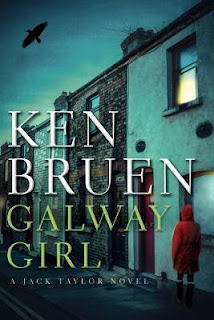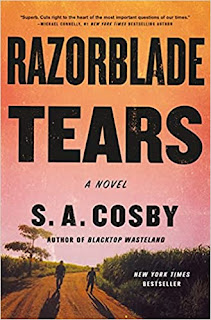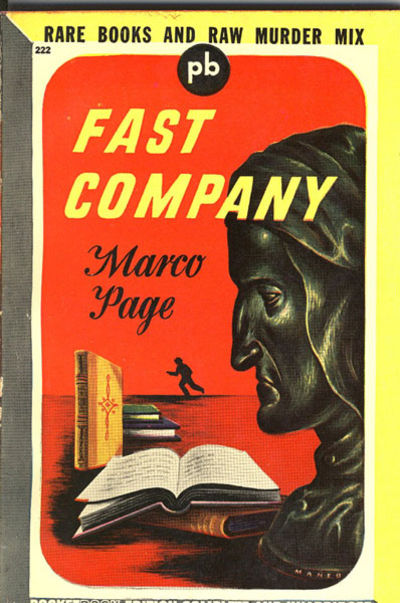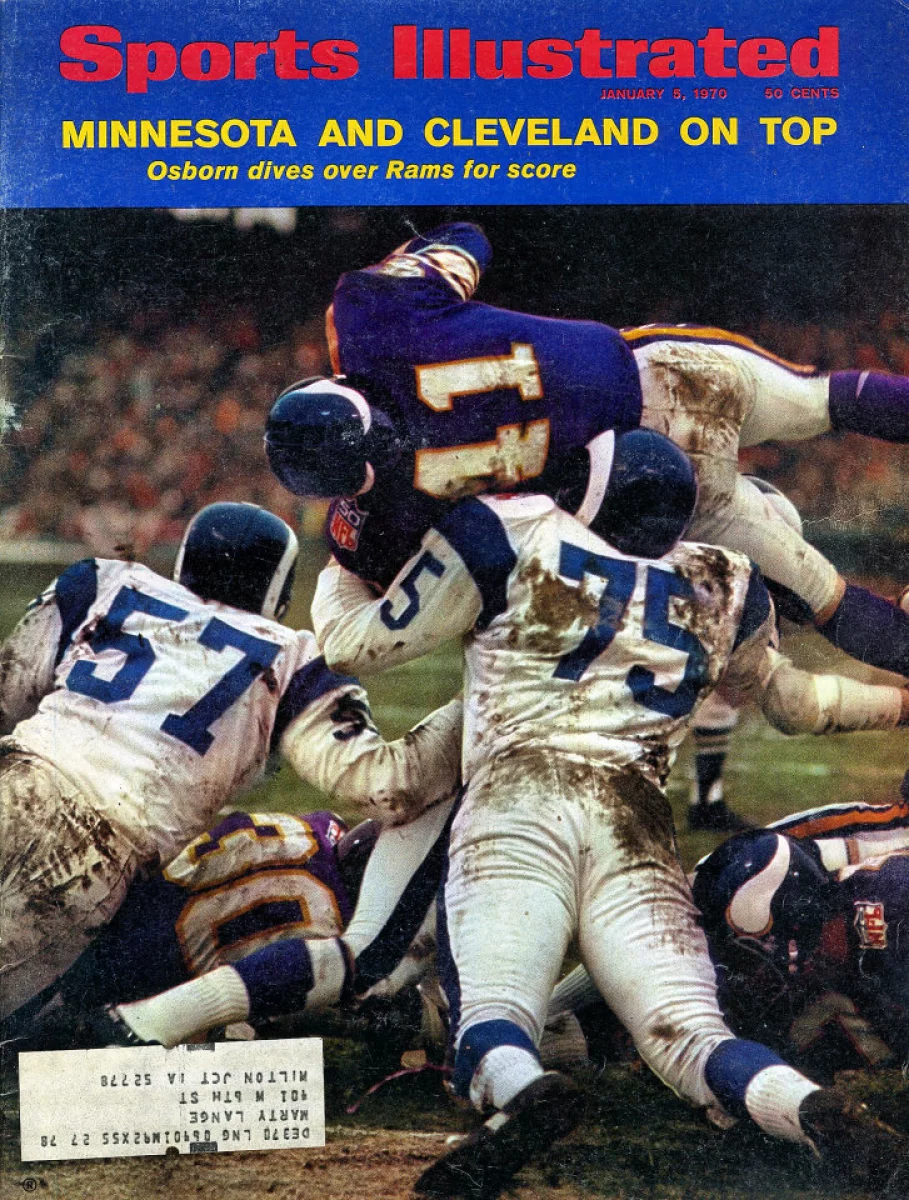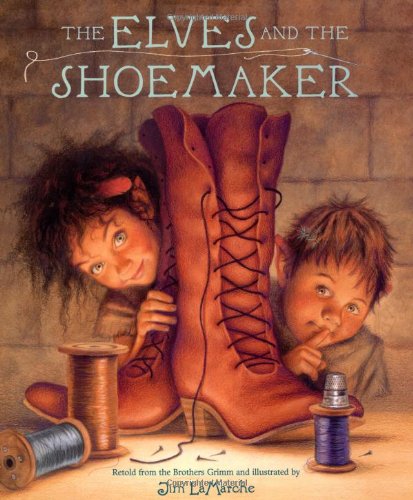Apologies to Michael Bracken for the Guns and Tacos style title.
As I've described during several of my blogs, I spend my day meeting my county's most recently arrested individuals. Before I can set a bond, fairness and curiosity require me to know a little bit about what the police say happened. How did this defendant end up in the back seat of the police car?
Readers of this blog likely know all of this. Most arrests are made after criminal behavior is witnessed or reported to a patrol officer. If the officer develops probable cause, a reasonable belief that an offense occurred, she makes an arrest and the defendant is taken to jail. I or another magistrate, are then tasked to evaluate the officer's statement of probable cause. The magistrate's review represents the first check in our system of due process.Probable cause affidavits are usually pretty brief. A driver is stopped for speeding and weaving. The officer smells alcohol. Field sobriety tests are failed. A driving while intoxicated arrest gets made and the holiday party comes to an abrupt end. Usually, the reports I read are like that, a concise statement of the offense. They do the job. Occasionally, however, a report jumps out and grabs me with its misfire. Sometimes, the fault lies with the officer; other times the technology is to blame. A few examples:
Forced Air: From where I sit, it appears that officers are susceptible to word trends. There are influencers, it seems, within the local departments. If one officer drops a word that sounds cool or smart, it could easily catch on with other patrol officers. We all like to be thought of as intelligent. An expansive lexicon demonstrates one's erudition.
That, I assume, explains a recent spate of "insufflation," as in "I recovered a bulbous glass pipe used for the insufflation of methamphetamine." The first time I read it, I had to look up insufflation in the dictionary. Mostly used as a medical term, insufflation is the act of blowing something into a body cavity. Meth pipes don't do the smoking for a user. Pipes are used for the inhalation of methamphetamine.
 |
| Jlcoving, CC BY-SA 3.0 <https://creativecommons.org/licenses/by-sa/3.0>, via Wikimedia Commons |
More commonly, I think that police suffer from the same problem we all have when we shake our fists and curse autocorrect. Many departments rely on a voice-to-text reporting system. The software allows officers to dictate and call in reports. This system gets patrol officers back into the field more quickly. It does, however, occasionally result in errors.
The Freedom Pipe: Like Otis on The Andy Griffith Show, I have a defendant or two, generally homeless, who will walk into the sheriff's department and refuse to leave. This typically happens when the weather is inclement. If they disobey a deputy's orders to depart, the deputy has little choice but to arrest the defendant for criminal trespass. (Readers might find a reason to fault our social safety net here, but that's not the point of this column.)
I laugh when I read that the defendant "refused to leave the bong desk." In my visits to jail, I frequently pass the bond desk. Maybe this explains the employees' good mood (or the defendant's refusal to depart).
Chalk: I read the occasional family violence report where the defendant "chalked the victim." At first, I thought it was some hip street term, like, "the police will draw a chalk line around your dead body." Nope, a computer's mishearing of the word "choke." Choke sometimes also comes in as "chock." (Chocks are the blocks that go under car or airplane tires.) I don't know what that might mean in street slang.
 |
| Bob Embleton / Crime Scene?, Riverside, Upton-Upon-Severn |
Sham-munition: My personal favorite over the last few weeks. As I've related in an earlier blog, the most recent Texas legislature placed a high priority on handguns being holstered. Lots of people legally may carry handguns in lots of places in my state so long as they are toted in a holster. To make probable cause, the police officer must inform the judge whether the defendant properly secured his weapon. Consequently, I've read several reports recently about defendants being caught with upholstered weapons. Although I trust the officer meant that the gun wasn't legally strapped to the defendant's shoulder, hip, or ankle, I prefer the mental image of the chenille-wrapped Smith and Wesson.
This is my first blog for 2022. Let me close by wishing each of you a safe and healthy new year. May you find the write word for every situation and may your software never correct it to something else.
Until next time.









